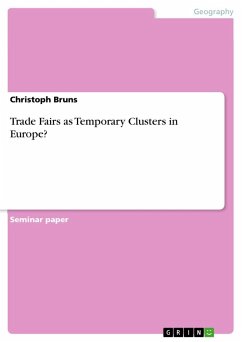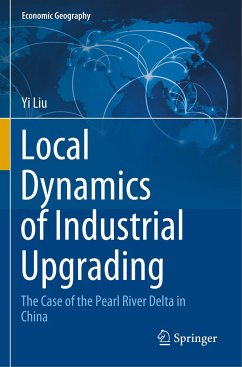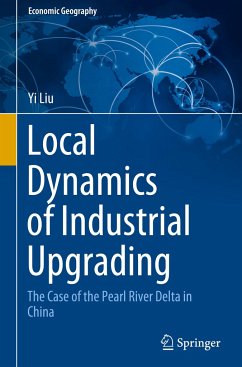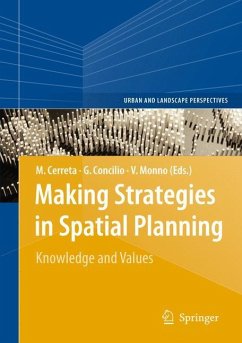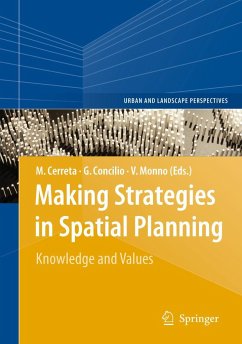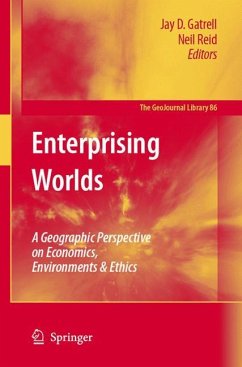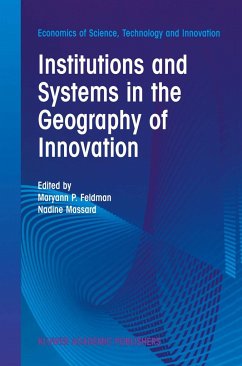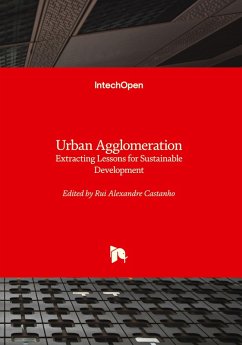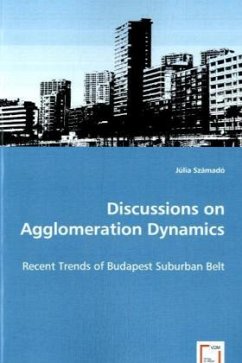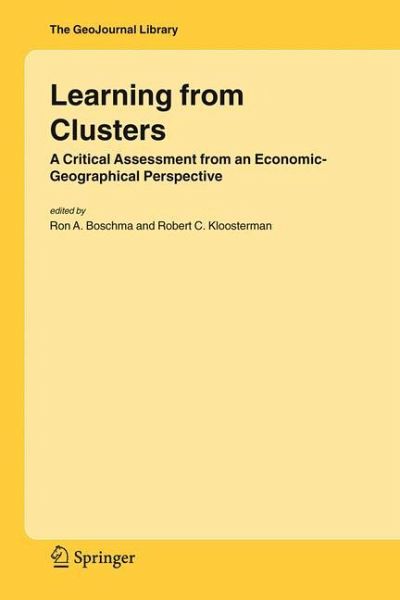
Learning from Clusters
A Critical Assessment from an Economic-Geographical Perspective
Herausgegeben: Boschma, Ron A.; Kloosterman, Robert C.

PAYBACK Punkte
57 °P sammeln!
Jan Lambooy retired in October 2002. When Jan was asked how he wanted to celebrate this occasion, he was adamant that no great festivities should take place. Characteristically, Jan wanted just a scientific conference so he "could learn something from it" and, as he insisted, no great festivities. So that is what we did and a conference was organised in Amsterdam on 25 October 2002, hosted by the Faculty of Economics and Econometrics of the University of Amsterdam. Friends of Jan's from academia in the Netherlands and abroad participated and thus paid homage to Jan, both as a scientist and as ...
Jan Lambooy retired in October 2002. When Jan was asked how he wanted to celebrate this occasion, he was adamant that no great festivities should take place. Characteristically, Jan wanted just a scientific conference so he "could learn something from it" and, as he insisted, no great festivities. So that is what we did and a conference was organised in Amsterdam on 25 October 2002, hosted by the Faculty of Economics and Econometrics of the University of Amsterdam. Friends of Jan's from academia in the Netherlands and abroad participated and thus paid homage to Jan, both as a scientist and as a person. We are now very proud to present this festschrift, firstly as the palpable result of this conference and secondly as a token of sincere respect and great affection for Jan. Edited volumes run the danger of being a hotchpotch of contributions on a wide variety of topics. Here, we have explicitly focused on a central theme in contemporary economic geography and regional science, namely therelationship between learning, innovation and clustering. Internationally renowned scientists made both theoretical and empirical contributions to this volume. We think this book constitutes a broad palette of contemporary thinking and research on the relationship between spatial concentration and innovation and hope it will play a significant role in future debates on this issue.





